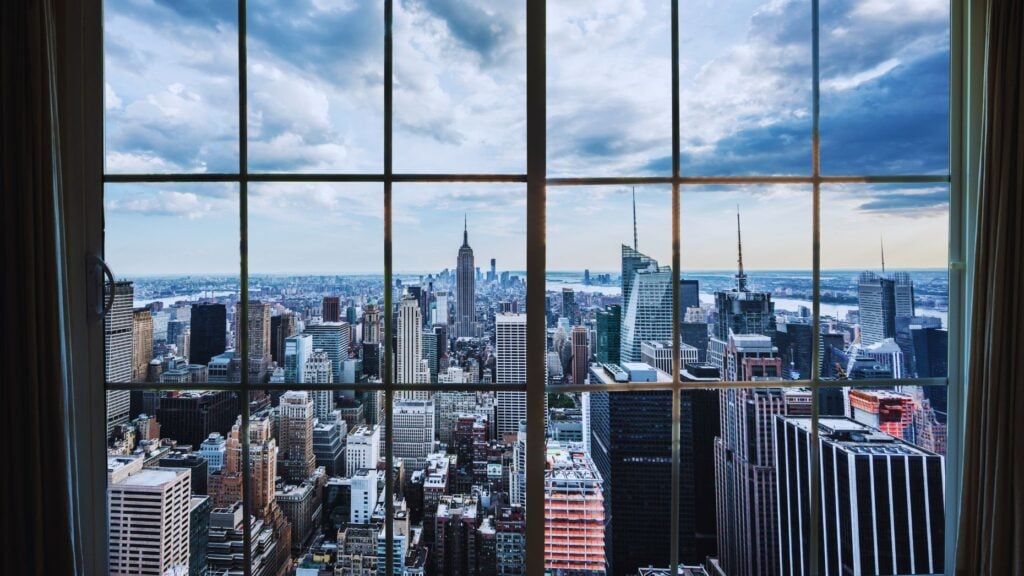
This new legislation, introduced by council members Tiffany Cabán and Shaun Abreu, aims to address the risks posed by older buildings that were not covered by Local Law 15 and prevent bird collisions, which account for the death of approximately 250,000 birds in NYC annually.
Whether it’s refining your business model, mastering new technologies, or discovering strategies to capitalize on the next market surge, Inman Connect New York will prepare you to take bold steps forward. The Next Chapter is about to begin. Be part of it. Join us and thousands of real estate leaders Jan. 22-24, 2025.
A bill proposed by New York City Council members would require large buildings to install bird-friendly windows by 2030, a move that could be costly for property owners, The Real Deal reported on Monday. The bill expands on Local Law 15 of 2020, which mandated bird-safe materials for new or renovated buildings but excluded existing structures due to cost concerns.
This new legislation, introduced by council members Tiffany Cabán and Shaun Abreu, aims to address the risks posed by older buildings that were not covered by Local Law 15 and prevent bird collisions, accounting for the death of approximately 250,000 birds in NYC annually.
Circa Central Park, a luxury condo on the Upper West Side, has already faced challenges in adopting bird-friendly measures. According to NYC Bird Alliance, it is one of the three deadliest buildings for birds in NYC.
To mitigate the issue, the condo installed dot stickers on windows to make the glass more visible to birds, spending around $60,000 on updates to the windows and railings. While some residents believe the bird protection measures preserve the building’s value, others have complained that the stickers obstruct their views of Central Park.
Bird advocates continue to explore solutions to make existing buildings safer, but treatments applied inside windows have proven ineffective, and exterior treatments are often expensive.
The Real Estate Board of New York (REBNY) raised concerns in 2019 during discussions of the original law. REBNY’s Basha Gerhards testified that compliance with bird-friendly glazing requirements — such as using bird-safe glass on 90 percent of exterior windows up to 75 feet and retrofitting balcony railings — could cause delays and significantly increase costs for building owners.
The additional expense for bird-friendly materials can range from 3 percent more for tinted glass, 12 percent for adhesive films and 50 percent more for specialty treated glass. At this time, only four manufacturers produced bird-friendly glass.
While REBNY supports reducing bird collisions, it has recommended exemptions for landmark buildings, rent-stabilized buildings, and affordable housing. A REBNY spokesperson expressed skepticism about the new bill, stating, “We are still reviewing this legislation, but we are skeptical such a radical step is warranted or achievable.”
Email Richelle Hammiel

